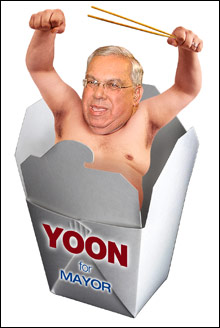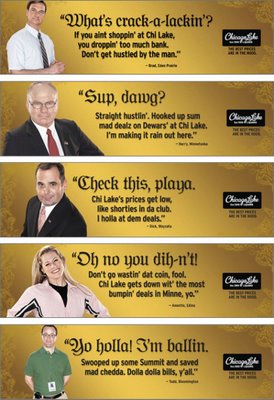
This cartoon satirizes the common sitcom family that includes an average-looking, bumbling husband and a gorgeous, put-together wife. It reverses the roles to illustrate (1) how offensive these sitcoms are to men (men are useless oafs who can’t be expected to act like adult human beings) and (2) how we take for granted that hot chicks should marry useless oafs (via):
I know, it’s satire, and, if you’re a regular reader, you know how I worry about satire. To me, this points out how stupid (and gendered) family sitcoms are. But, for others, it might just reinforce the hateful stereotype that fat women are disgusting and useless. The problem is that the impact of the cartoon depends on who is watching it.
—————————
Lisa Wade is a professor of sociology at Occidental College. You can follow her on Twitter and Facebook.




